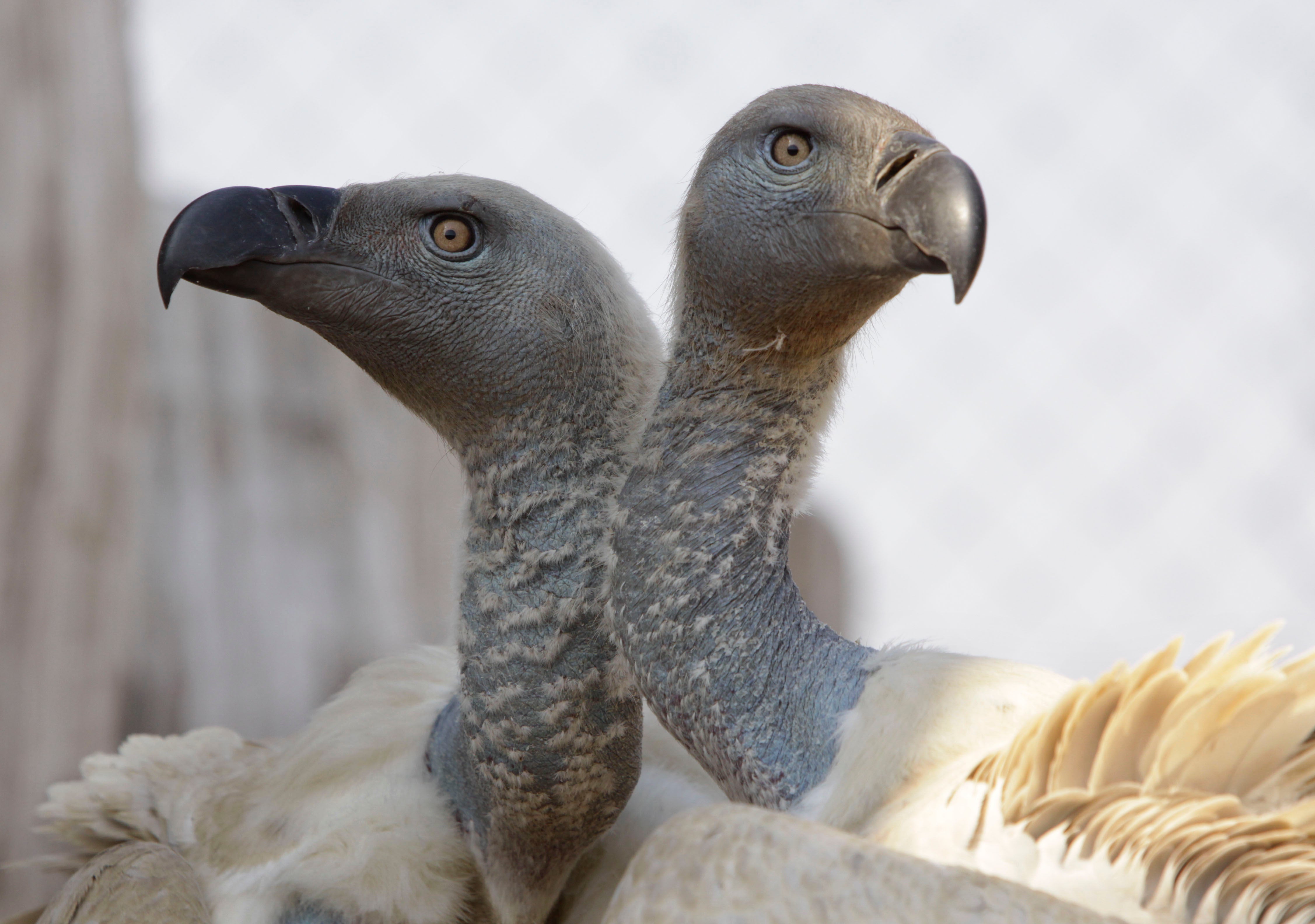ARTICLE AD BOX
A devastating incident in South Africa's Kruger National Park has left at least 123 vultures dead after they ate a poisoned elephant carcass.
Poachers are suspected of lacing the elephant with agricultural pesticides, leading to the mass poisoning.
In a desperate effort to mitigate the damage, another 83 vultures were rescued from the site and transported for treatment, either by helicopter or a specialized vulture ambulance. These birds are currently recovering.
This incident represents one of the worst mass vulture poisonings in the park's history, according to SANParks, the national parks agency.
Vultures play a crucial role in maintaining healthy ecosystems by efficiently disposing of animal carcasses.
This vital cleanup work, however, makes them particularly susceptible to poisoning, either directly targeted by poachers or as unintended victims of poisoned carcasses intended for other animals. The sheer number of vultures that typically feed on a single carcass contributes to the devastating impact of such poisonings.

The elephant had been poisoned by poachers in a remote part of the huge park to harvest its body parts for the illegal wildlife trade, SANParks and the Endangered Wildlife Trust said.
Many vulture species are endangered in Africa because of poisoning and other threats to them. The affected birds in Kruger included Cape vultures, endangered lappet-faced vultures and critically-endangered white-backed and hooded vultures.
“This horrific incident is part of a broader crisis unfolding across southern Africa: the escalating use of poisons in wildlife poaching,” SANParks and the Endangered Wildlife Trust said in their joint statement. “Poachers increasingly use agricultural toxins to target high-value species.”
Map: Kruger National Park
The Kruger National Park covers approximately 20,000 square kilometers (7,722 square miles) and is nearly twice the size of small countries like Jamaica and Qatar.
Rangers say they face a daily battle to guard species like rhinos, elephants and lions from poachers.
Vulture conservation organization Vulpro, which was not involved in the rescue, said the poisoning came at the start of the breeding season and many other birds that weren't found at the site could still be affected.









 English (US) ·
English (US) ·